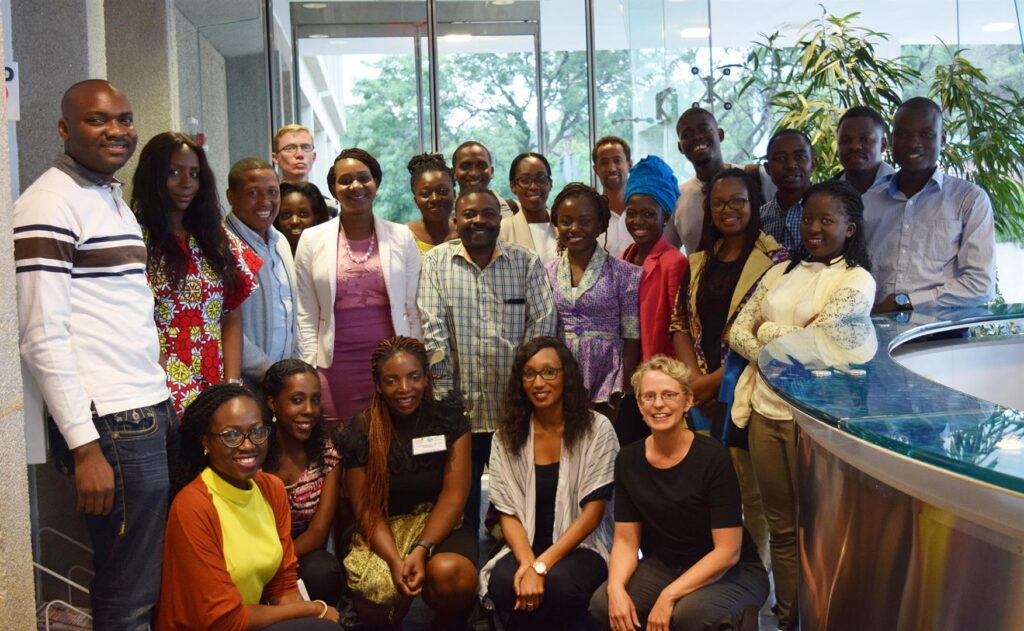PRCHN Associate Director Darcy Freedman, PhD, is heading one of the academic tracks for a group of 25 rising young leaders from sub-Saharan African countries. These young leaders are spending six weeks at Case Western Reserve University through a federal program aimed at empowering trainees through workshops, leadership training, and networking. CWRU is one of 38 colleges and universities chosen nationally by the U.S. State Department and IREX (International Research and Exchanges), a U.S.-based nonprofit, to host the 2017 Mandela Washington Fellowship for Young African Leaders. The Young African Leaders Initiative (YALI) at CWRU will focus on public management with an emphasis on energy, environmental, and public health policy as well as policies for economic and workforce development in each of these sectors.

Dr. Freedman will work with the YALI Fellows during the week of July 10-14 culminating in a seminar focused on Community Health Action Planning that will provide an opportunity to draw connections between the health topics covered throughout the week and guide future action plans. PRCHN staff are active contributors to the YALI training, providing guest lectures about food access and community nutrition and community health development. PRCHN staff contributors include Delores Collins, REACH Community Health Ambassador; Erika Hood, MEd, Community Health Engagement Coordinator; Chaturia Rouse, MPH, MS, foodNEST Program Manager; and Rachael Sommer, LISW, MSSA, FreshLink Program Manager.
Additionally, two members of the PRCHN’s Network of Community Advisors are offering guest lectures as a part of the YALI training including Joan Thoman, PhD, RN, Associate Professor of Nursing, Cleveland State University and Jennifer Scofield, MA, CHES, Executive Director, Hunger Network of Greater Cleveland. Other NOCA members are providing expertise to YALI trainings focused on integrating insights from the training into local practice.
Participants in the Young African Leaders Institute come from fourteen sub-Saharan countries, among them Kenya, Nigeria, Zambia, Botswana, and Ethiopia. Freedman highlighted, “This is a remarkable chance to connect with outstanding leaders from these African nations to share insights about innovative approaches to promote public health. It’s an honor to be a part of such an important program focused on community, economic, and health development capacity building.”
